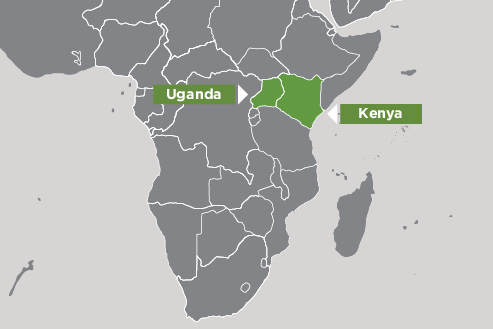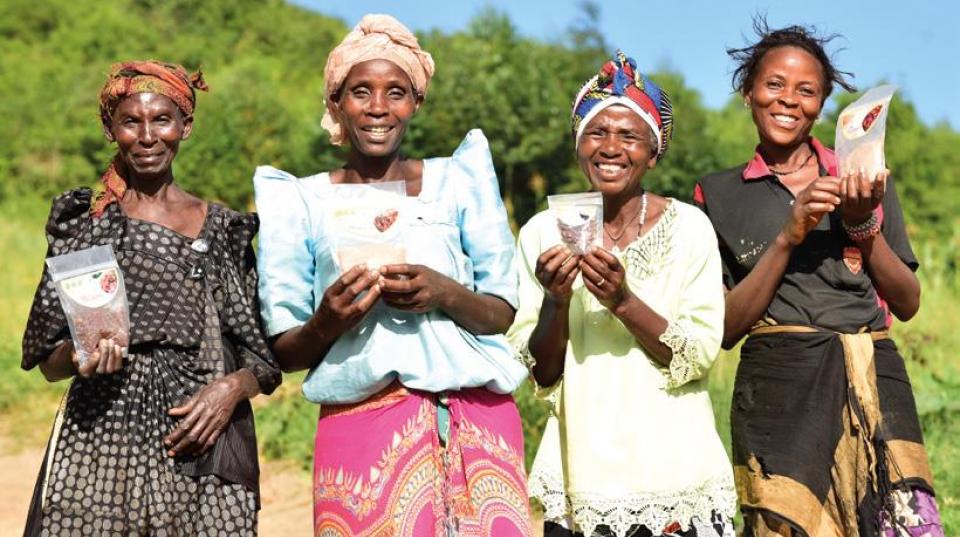Overview
This project aimed to develop and promote pre-cooked bean products to increase bean consumption, reduce time spent on cooking and create more lucrative markets for bean farmers.
Beans are an important source of protein, especially for low and middle-income households, but consumption is constrained by the high energy and water requirements for cooking beans and the long cooking time. In recent years, the rapid expansion of urban populations, rising incomes, and high costs of energy have fuelled the demand for fast-cooking processed foods. While canned and frozen beans are available, they are often out of reach for most households due to their high cost and requirement for refrigeration. Developing affordable, convenient, on-the-shelf bean products that require less time, fuel and water to cook, will greatly enhance bean consumption, improve incomes for producers and conserve the environment.
The approach based on the entire value chain of the project involves studying sustainable models intended to:
- increase the production and supply of beans suitable for pre-cooking;
- develop and test precooked bean products; and
- promote precooked beans through innovative public-private partnerships.
This research project is the result of a partnership between Canada's International Development Research Centre (IDRC), the Kenya Agricultural Research Institute, and the National Agricultural Research Organization of Uganda.
Outcomes from phase 1
- 47 bean varieties screened and 12 adopted for production among farmers
- The 12 selected varieties have a yield potential 4 x greater than local varieties
- 13,650 farmers (7,208 women and 6,442 men) now involved in seed production
- Women’s average incomes from bean sales increased from US$126 in 2014 to US$170
- 14,552 farmers (7,862 women and 6,667 men) trained in good agronomic practices






